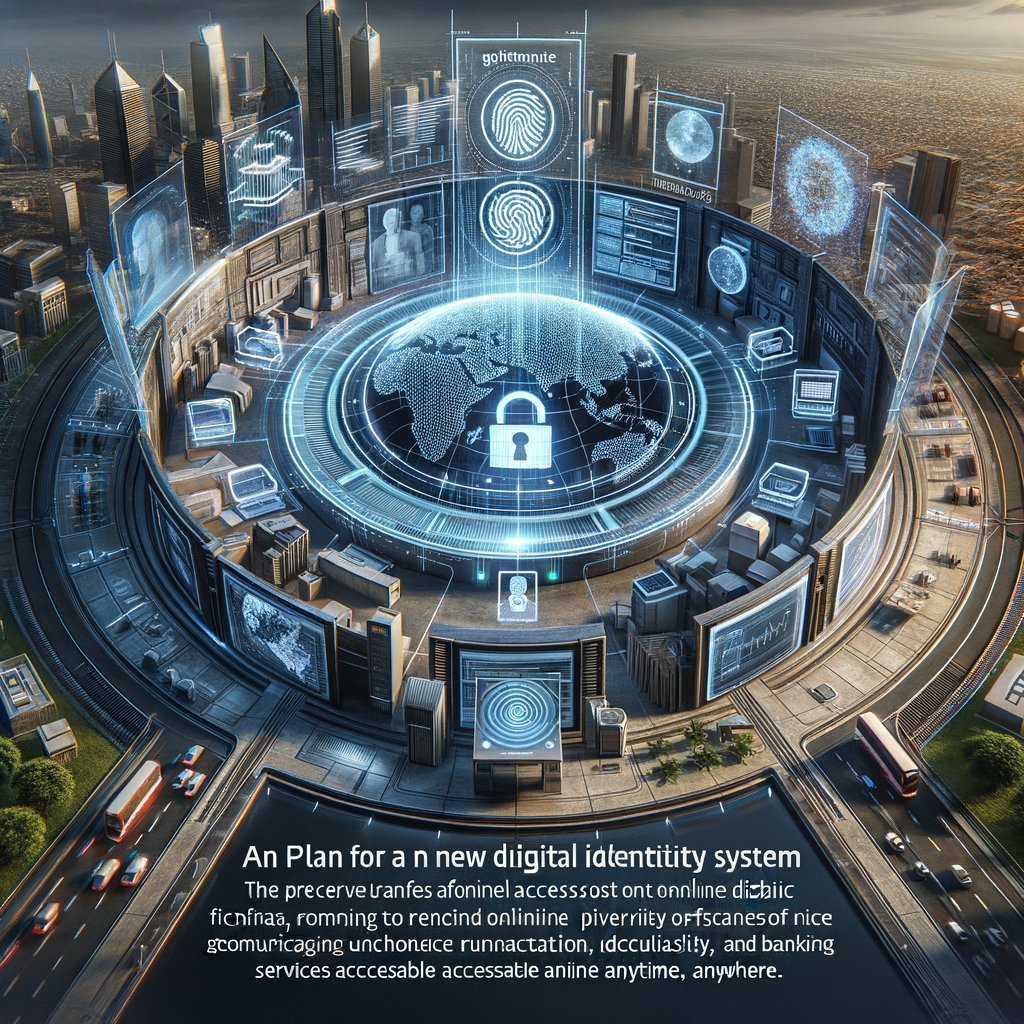Image created by AI
South Africa's Leap into Digital Transformation: A New Era of Public Service
In an ambitious move to modernize public administration and enhance the accessibility of government services, President Cyril Ramaphosa, during the State of the Nation Address on February 6, 2025, outlined an extensive plan for a new digital identity system in South Africa. This system, central to the government's strategy to leverage technology for public service reform, aims to bring about a radical transformation in how citizens interact with government services.
President Ramaphosa highlighted the initiative to overhaul the existing gov.za platform, which will serve as a gateway for South Africans to access a variety of government services online, thus making these services available "anytime, anywhere." This development is set to reshape the relationship between the government and its citizens, ensuring that every South African can access services with just a touch of a button.
Echoing the President's commitment, Home Affairs Minister Leon Schreiber detailed plans to digitize the operations of his department to combat identity fraud effectively. Present challenges in the Home Affairs administration involve manual processes that are susceptible to fraud. Schreiber emphasized that only through a digital-first approach can these vulnerabilities be addressed.
The proposed digital platform by the Department of Home Affairs will facilitate an end-to-end system where all applications and communications are managed online. With security measures akin to those used in banking platforms, this system would incorporate facial and fingerprint recognition technologies to authenticate and process applications swiftly and securely.
Minister Schreiber also noted that this digital transformation would permit Home Affairs staff to redirect their focus towards servicing the more vulnerable segments of the population, including those in rural areas or without access to smart technology.
This shift towards digital infrastructure is not merely about technology but is deeply tied to enhancing the efficiency, transparency, and inclusivity of government services in South Africa. The digital identity system will use advanced technology like machine learning for risk assessment and real-time updates on application statuses, thereby eliminating bureaucratic delays and corruption opportunities.
In conclusion, as South Africa stands on the brink of this digital revolution, the full implementation of the digital identity system promises not only to streamline administrative processes but also to foster a more engaged and empowered citizenship.










